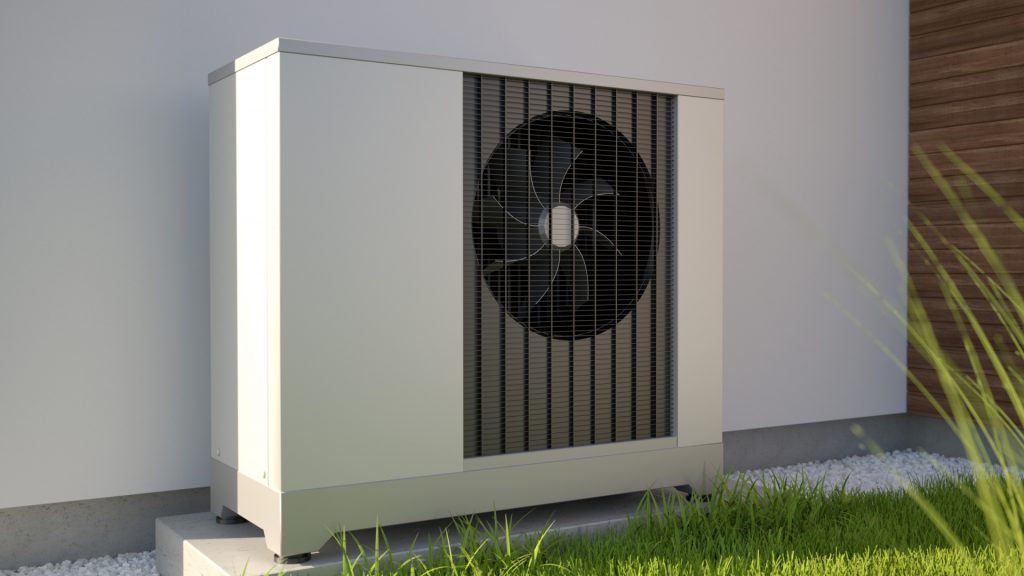Sustainable heating has become a crucial consideration in the ongoing pursuit of energy efficiency and environmental responsibility. As we face the growing challenges of climate change, reducing greenhouse gas emissions and minimizing energy consumption are essential goals. One of the most promising solutions for achieving sustainable heating is modern heat pump technology, which offers an environmentally friendly alternative to traditional heating systems like gas boilers or electric heaters. Heat pumps work by transferring heat rather than generating it, which makes them highly efficient and reduces the need for fossil fuels. At the core of a heat pump is functionality is its ability to extract heat from external sources, such as the air, ground, or water, and then compress it to a higher temperature for use in buildings. This process is inherently more energy-efficient than conventional heating methods, which rely on burning fuel to create heat. For example, air-source heat pumps ASHPs absorb heat from the outside air and transfer it indoors, even in colder temperatures. Ground-source heat pumps GSHPs, on the other hand, utilize the earth is stable underground temperature, providing a more consistent and reliable heat source year-round. By using electricity to drive the compression process, heat pumps consume significantly less energy than systems that burn fossil fuels, reducing both energy bills and environmental impact.

The efficiency of heat pumps is measured by their Coefficient of Performance COP, which compares the amount of heat generated to the electricity consumed. A high COP indicates greater efficiency. Modern heat pump systems typically achieve COPs of 3 or higher, meaning that for every unit of electricity used, they can produce three or more units of heat. This translates into reduced energy demand and lower carbon emissions. Over time, the savings on energy bills can offset the initial cost of installation, making heat pumps an economically viable solution and an environmentally responsible one. In addition to their energy efficiency, heat pumps Jnod can be integrated into various types of buildings, including residential, commercial, and industrial properties. Their versatility makes them suitable for both new construction projects and retrofitting older buildings. Some systems are designed to work in tandem with other renewable energy sources, such as solar panels, further enhancing their sustainability. Heat pumps can also be used for both heating and cooling, providing year-round comfort without relying on separate systems for winter and summer.
However, the widespread adoption of heat pump technology is still facing challenges, particularly in regions with extreme climates where heating demands are high. While advancements in heat pump technology continue to improve their performance in colder conditions, ensuring proper installation and maintenance is critical for maximizing efficiency. Additionally, the environmental benefits of heat pumps depend on the source of the electricity used to power them. In areas where the grid relies heavily on fossil fuels, the overall carbon footprint of heat pumps can be higher. Despite these challenges, heat pumps represent a significant step toward sustainable heating solutions. Their ability to reduce energy consumption, lower emissions, and provide versatile comfort positions them as a key player in the transition to a more sustainable and energy-efficient future. With continued technological advancements and increased adoption, heat pumps are poised to play a central role in addressing the growing demand for sustainable heating options in homes and businesses worldwide.



